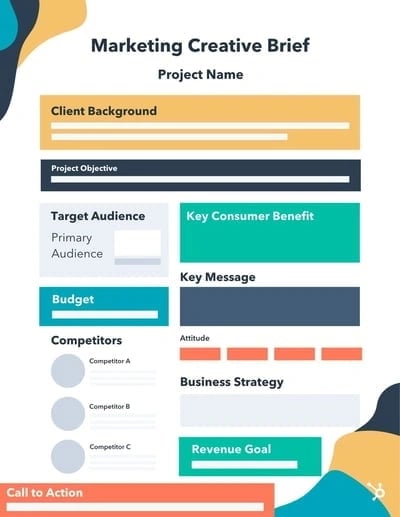
Legal Briefing Skills Enhancement Strategies
In the fast-paced legal landscape, mastering the art of legal briefing is crucial for legal professionals. Efficient legal briefing not only ensures effective communication but also contributes to the overall success of a case. Here are some strategies to enhance your legal briefing skills and stay ahead in the competitive legal field.
Understanding the Importance of Legal Briefing
Legal briefing serves as the foundation for presenting arguments and supporting legal analysis. A well-crafted legal brief is not only persuasive but also provides a roadmap for the reader, be it a judge, colleague, or client. It’s a concise document that summarizes the key facts, issues, and legal arguments of a case.
Clarity and Precision in Communication
One of the key skills in legal briefing is the ability to convey complex legal concepts with clarity and precision. Avoid unnecessary jargon and use straightforward language. Ensure that your brief is accessible to a diverse audience, making it easier for all stakeholders to comprehend the essence of your legal arguments.
Structuring Your Legal Brief Effectively
The structure of your legal brief plays a significant role in how well it is received. Begin with a clear introduction, followed by a succinct statement of facts, the legal issues at hand, and your arguments. Use headings and subheadings to break down complex information, making it easier for the reader to follow your reasoning.
Researching Thoroughly and Staying Updated
A well-researched legal brief is a powerful tool. Invest time in thorough legal research to gather relevant precedents, statutes, and case law to support your arguments. Additionally, staying updated on recent legal developments ensures that your legal briefs are always informed by the latest legal principles and decisions.
Emphasizing the Key Points
Highlighting key points in your legal brief helps draw attention to the most critical aspects of your argument. Use bold text, italics, or underlining to emphasize crucial legal principles, precedents, or facts. This not only aids readability but also ensures that your main points are readily apparent to the reader.
Collaboration and Feedback
Legal briefing is often a collaborative process. Seek feedback from colleagues or mentors to refine your briefing skills. Constructive criticism can provide valuable insights and help you identify areas for improvement. Engaging in discussions with peers can also broaden your perspective on effective legal briefing strategies.
Utilizing Technology for Efficiency
Embrace technological tools that can enhance the efficiency of your legal briefing process. Legal research databases, document management systems, and drafting software can streamline the creation of legal briefs, allowing you to focus more on the substantive aspects of your work.
Incorporating Practical Examples
Adding practical examples to your legal briefs can make your arguments more relatable and compelling. Real-world scenarios and case studies help illustrate complex legal concepts, making it easier for the reader to grasp the practical implications of your legal arguments.
Continuous Learning and Professional Development
Legal briefing skills are not static; they evolve with experience and ongoing learning. Stay committed to continuous professional development. Attend relevant workshops, webinars, and conferences to stay abreast of emerging trends and best practices in legal briefing.
Legal Briefing Skills Enhancement Strategies Tips (highpointfamilylaw.com)
To further enhance your legal briefing skills, consider exploring additional resources and expert insights at Highpoint Family Law. Their platform offers valuable tips and strategies to help you refine your legal briefing techniques and navigate the intricacies of family law.
In conclusion, mastering legal briefing skills is essential for any legal professional striving for excellence. By understanding the importance of clarity, precision, and continuous improvement, you can elevate your legal briefing game and contribute to the success of your legal endeavors.









